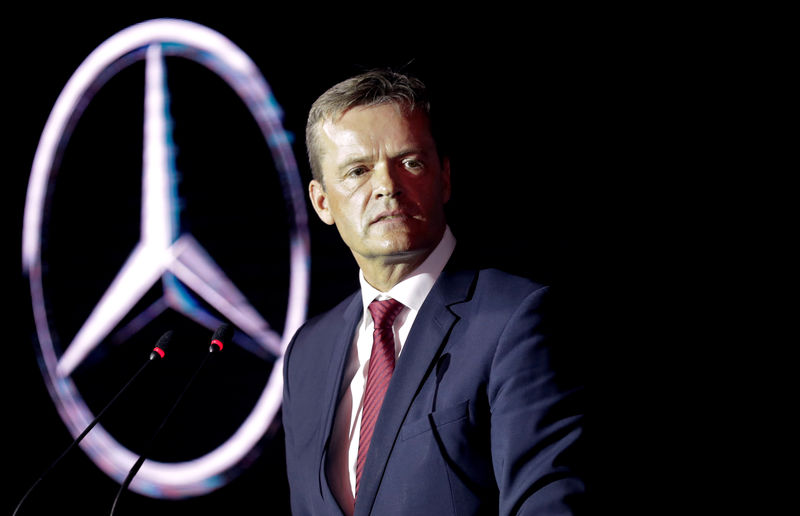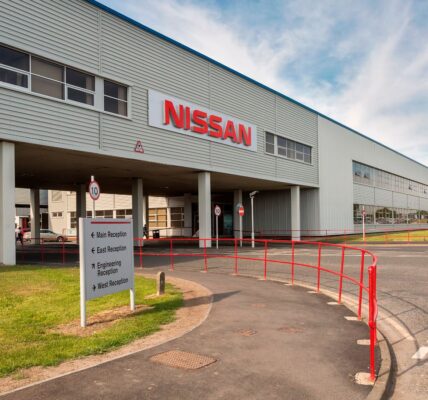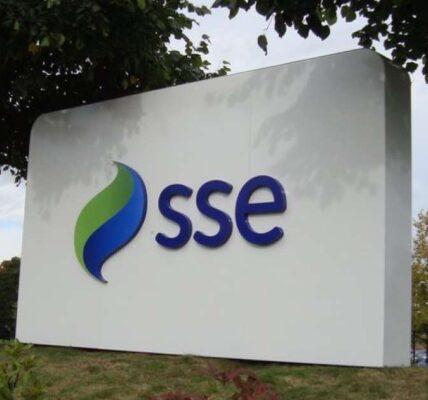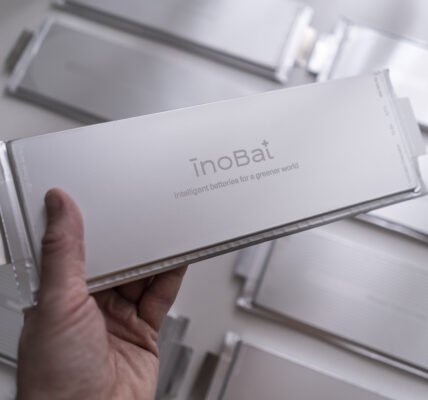Daimler AG (commonly known and referred to as Mercedes) is to take a 3 per cent stake in Farasis, the Chinese battery cell maker, as the German carmaker ramps up its electric vehicle production.
The Stuttgart-based company said it would invest “a multimillion euro amount”, subject to regulatory approvals, and will nominate Markus Schäfer, its Mercedes brand chief operating officer, to the Farasis supervisory board.
Daimler’s investment in Farasis, which plans to float, comes as European automakers, which are largely reliant on Asian battery manufacturers for their electric car ambitions, seek a foothold in the new auto supply chain.
In May, Volkswagen became the first global carmaker to buy directly into a domestic Chinese battery maker, after announcing it would spend €1.1bn to acquire a 26 per cent stake in the Shenzhen-listed manufacturer Gotion High-Tech and become the company’s largest shareholder. The Wolfsburg-based group has also joined forces with Sweden’s Northvolt to build a battery cell factory in the German city of Salzgitter.
Premium brand Daimler, which also sources batteries from China’s CATL, announced in 2018 that it would spend €20bn on battery cells over the next decade, as part of its push into electric vehicles.
Having launched its first modern Mercedes battery-powered car, the EQC, last year, Daimler has pledged to offer five fully electric and 20 plug-in hybrid models by the end of 2020.
It has an existing supply agreement with lithium-ion specialist Farasis, which has two plants in China and is building gigafactories in east Germany and the US, where Mercedes has a large production site.
Daimler is increasingly reliant on China, where it makes the bulk of its profits, and where it has joint ventures with automakers Geely and BAIC. Both Chinese partners also own stakes in Daimler.
“By taking a stake in a Chinese battery cell manufacturer for the first time, we will further leverage the potential of advanced technology partners in the market, enabling us to pursue our electric strategy globally,” said Hubertus Troska, Daimler’s board member responsible for China.
“In the future, we will continue to strengthen our activities in research and development, production and purchasing in China,” he added.
Separately on Friday, Daimler said it would put its plant in Hambach, France — where the Smart compact car is made — up for sale, in order to “adjust its capacity to current market conditions”. The site currently employs roughly 1,600 people.
In a press conference, Germany’s car lobby VDA said it expected car sales in Europe to decline 24 per cent in 2020, further increasing the industry’s reliance on China, where it predicted the auto market would shrink just 10 per cent.
The organisation also warned that jobs were at risk in Germany’s auto sector, which has largely relied on furlough schemes since the start of the Covid-19 crisis.
“We have to assume that the number of auto employees will continue to decrease until the end of 2020,” said Hildegard Müller, president of the VDA.








